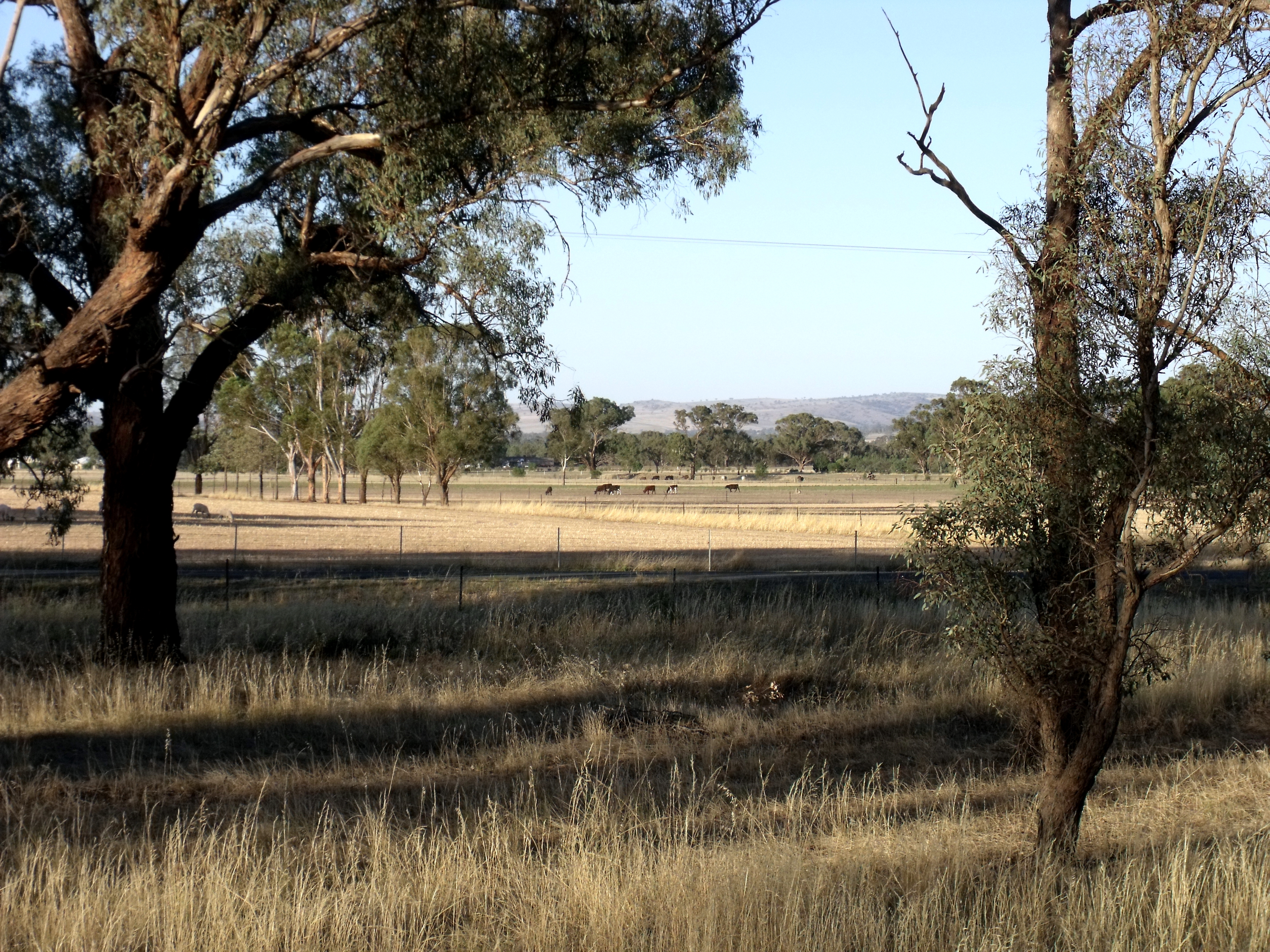For some time, HCA has been keen to highlight through a blog format some of the work being undertaken that might be of interest to other researchers. In this first ‘edition’, a very exciting current workforce project is highlighted – one that brings together in a highly innovative method many of the philosophical and conceptual lessons HCA has learnt and developed over nearly 30 years of workforce planning.
The research has been funded by the NSW Mental Health Commission based on an unsolicited research concept proposed by HCA’s Principal, Lee Ridoutt.
The research is inspired to address the problem of people living in rural and remote areas of NSW experiencing poorer health outcomes than people living in cities. This is especially true of mental health. One of the major reasons is reduced access to mental health support for individuals and communities. The lack of access to health services is caused by geographical distances, lack of finance and infrastructure resources and perceived lack of an appropriate workforce.
Mental health is a particular risk for people in rural and remote areas as they experience greater risk factors and often wait longer to seek help from services and supports. In addition, environmental disasters such as drought, fires and floods have major impacts on people’s lives in rural and remote communities.
This project will develop and test an innovative solution to rural mental health workforce issues which hypothesizes that sufficient workforce ‘assets’ already exist in most small towns (<1500 people) to provide an in situ mental health support structure. It will identify what an appropriate workforce looks like for people in small towns to have access to the type of mental health services and supports they need to meet their specific requirements.
This will be done by looking at all types of workforce ‘assets’ within local communities, both formal and informal, that could be used to promote mental health and wellbeing and deliver mental health support. The types of workers include health professionals (both visiting and within the community), community volunteers, peer-support groups, social service workers, persons with lived experience, carers and community champions. The approach starts with a view that rural towns have workforce assets that are unused or could be better used.
The project team will work with a specific local community to test the solution to create a ‘fit-for-purpose’ approach to meet the unique service needs of a small town.
Joining HCA’s Principal in undertaking this project is Susan Nancarrow, a HCA Associate (see a description of Susan here), and the Central Coast Research Institute, a part of the Faculty of Health and Medicine, University of Newcastle. The Institute specializes in integrated care research, which will be critical to finding models of work in small towns that make best use of its workforce assets. From the Institute involved in the project is Nick Goodwin, the Director, and Rhonda Wilson, a leading Aboriginal Mental Health researcher and teacher.
Check back for more information about this project and to keep in touch with its progress, research outcomes and publications.



Comments are closed